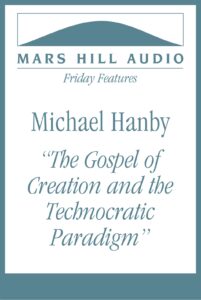
The recovery of an integrated ecology
In this essay, Michael Hanby unpacks the summons of Laudato si’ to an ecological way of life based on a proper understanding of creation in its fullness and integrity. (57 minutes)

How social media truncates relationships
In this lecture, Felicia Wu Song explains how social media industrializes and monetizes our relationships, forming us in modes of relationships and identity that are detrimental to ourselves and to society. (41 minutes)
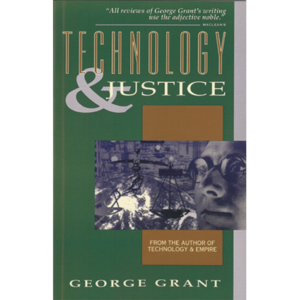
In technology, we live and move and have our knowing
George Parkin Grant on technology’s establishment of a framework for thinking about technology

On the Degeneration of Attentiveness
Critic Nicholas Carr talks about how technology-driven trends affect our cultural and personal lives. (56 minutes)

“The system will be first”
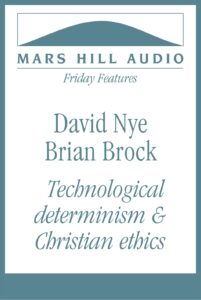
Choices about the uses of technology
This Feature presents interviews with David Nye and Brian Brock related to how we evaluate adoption of new technology and how technology influences our thinking. (31 minutes)
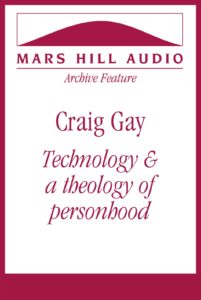
What it means to be a person

Voluntarily silencing ourselves
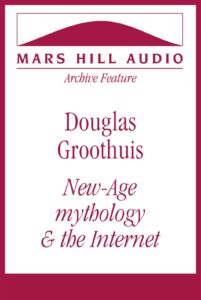
Souls in cyberspace

Life in a frictionless, synthetic world

The digital revolution and community

Metaphysical impulses beneath techno-utopianism
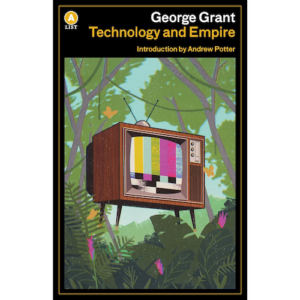
Post-Christian America and the “unlimited technological future”
George Parkin Grant on technology and the Puritan legacy of “unflinching wills”

Education that counters alienation
In this lecture, Jeanne Schindler explores how digital technologies warp not only education but our experience of being human. (30 minutes)

What is lost with labor-saving devices
Romano Guardini on what is lost when cultural pursuits eclipse natural order

Technology and the kingdom of God
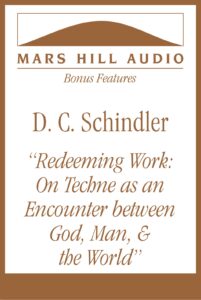
The gift of meaningful work
In this lecture, D. C. Schindler argues that genuine work is inherently meaningful and facilitates an encounter with reality and therefore, ultimately, with God. (36 minutes)
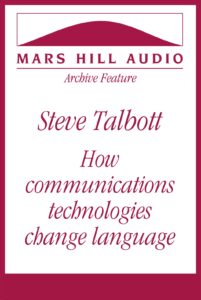
Diverting language from its richest possibilities
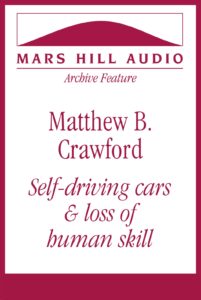
Automation and human agency
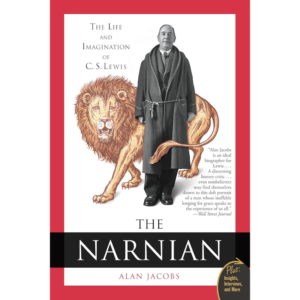
Seeking control, in white magic and The Green Book
Alan Jacobs on C. S. Lewis’s critique of the modern pursuit of god-like control